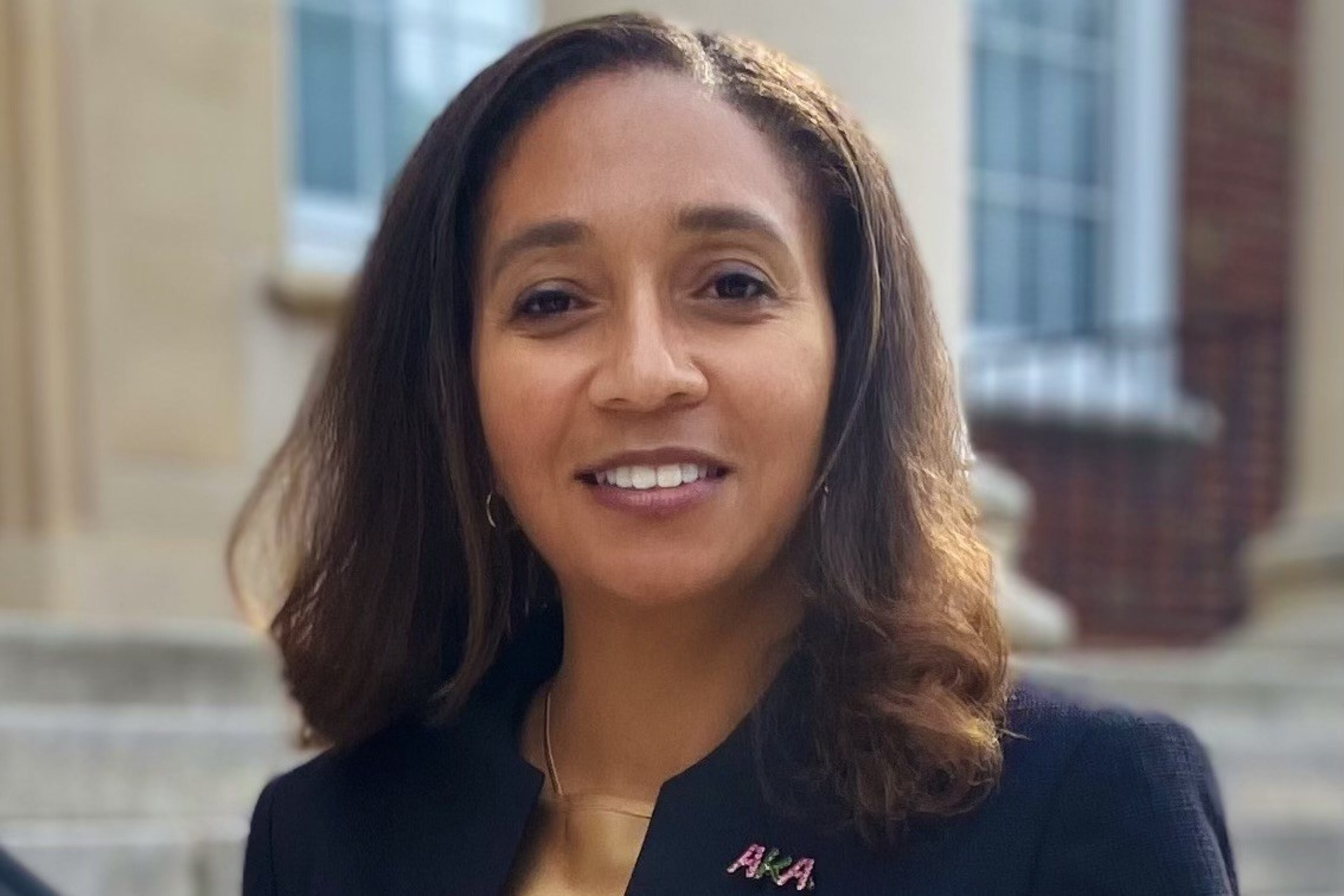Vaccine uptake slow as cases among youngest children rise

Sesame Street’s Elmo, who is 3½, recently got his COVID-19 vaccine.
The littlest muppet’s shot was intended to spark interest in vaccinating the nation’s youngest children against COVID, after recent federal approval of the shots for those ages 6 months to 5. But interest in the vaccine remains low in Georgia, even as cases among children under 5 statewide have been rising for eight weeks. The youngest age group is the only population other than those 70 and over to show such a trend, according to Amber Schmidtke, a public health researcher.
Besides doing little to slow the spread of COVID among toddlers and infants, the lagging uptake in the new vaccine is contributing to an untold number of wasted doses, as the vaccines for children under 5 are packaged 10 to a vial. Once a vial is opened, all doses must be used or discarded within 12 hours. Several Atlanta metro area pediatricians told the AJC they’ve had to throw out more than half their doses.
The vaccine rollout for this age group is of particular importance in Georgia due to the state’s large populations of Black and Hispanic children under 5 — racial and ethnic groups disproportionately affected by the pandemic. In Georgia, 32.7% of all children under 5 are Black, the third-highest rate in the nation, according to the Kaiser Family Foundation (KFF). Fifteen percent of the youngest Georgians are Hispanic.
On June 18, 2022, the Centers for Disease Control and Prevention recommended the COVID-19 vaccination for children 6 months old up to 5. As of July 6, the state’s Department of Public Health (DPH) had sent out 98,600 doses for that age group.
Dr. Angela Butler-Rice received 100 doses of the Pfizer vaccine on June 22 at Amazing Pediatrics in Decatur. Since then, she has “not seen a huge rush.” As of earlier this week, Dr. Butler-Rice had given out six doses.
“To not see turnout like you saw in older ages ... I really think there’s a tremendous vaccine hesitancy with this age group,” Dr. Butler-Rice said. “I’m concerned. This is a worthwhile and needed level of protection.”

As of Wednesday, 9,429 or 1.4% of the state’s children under 5 have received at least one shot, according to DPH data.
Older children have been vaccinated at higher rates in Georgia, but still lag behind national rates, based on an Atlanta Journal-Constitution analysis using state and federal numbers. About 42% of Georgia’s children ages 12-17 have gotten two shots, compared to nearly 60% nationwide. For ages 5-11, it’s 18%, compared to nearly 30% nationwide.
At McDonough Pediatrics, Office Manager Kathy Dyson had received 100 doses of Moderna and 200 doses of Pfizer in mid-June. She’s seen some families come from as far away as Alabama in search of the Moderna vaccine, likely because it requires two shots spaced four weeks apart, compared to Pfizer’s three shots, which take 11 weeks to complete, she said. As of Tuesday, her practice had given out 27 shots, most of which were Moderna.
“It’s hard for those of us in healthcare to waste vaccines,” Dyson said. At the same time, she said, the DPH had sent her office a notice advising, “don’t waste an arm” — even if it means wasting doses.
At Pediatric Associates in Lawrenceville, Executive Director Dr. Anu Sheth ordered 100 doses of the Pfizer vaccine; as of Tuesday, her office had given 14 shots. The office is trying to schedule as many appointments as possible on dates spaced two weeks apart, but is taking walk-ins as well.
Dr. Sheth’s community, Lawrenceville, is 21% Latino, more than twice the share of the state’s population.
While a lot of her patients might have gone to pharmacies to vaccinate their older children, they are “coming here for the little ones,” Dr. Sheth said. Not only are some pharmacy staffs not trained to vaccinate toddlers and infants in general, most pharmacies don’t vaccinate children under three. This make pediatricians the focal point of the under-5 rollout.
But not all families have a pediatrician. “I worry about the population less than 5 with regard to access [to the vaccine] if they don’t have a healthcare provider,” Dr. Sheth said. Georgia fares worse than the national average when it comes to the percentages of children under 5 who are uninsured and who live below the federal poverty level, both of which are linked to families lacking regular healthcare providers.
Schmidtke, the public health researcher, is concerned about the case numbers for children under 5, which she noted had risen eight weeks in a row in the most recent edition of her weekly newsletter on the subject. These numbers could be due to the state’s youngest children not receiving the full course of vaccines yet, she said, but also because they’re “not vaccinating as much as we would have wanted.”
COVID generally causes less severe disease among children compared to adults, with significantly lower mortality. However, the issue of enduring symptoms following an infection, known as “long COVID,” is of particular concern for this age group, Schmidtke said, because younger children “are still developing ... and there are concerns about developmental delays or cognitive issues.”
Meanwhile, in Decatur, Dr. Butler-Rice tries “whatever angles ... may decrease anxiety about the vaccine.” That includes pointing out the risk to other family members who may be ill or otherwise vulnerable if a toddler brings home the virus.
“I feel like I just want to do more,” Dr. Butler-Rice said. “I want to protect the babies in our community.”
To find a provider offering the vaccine for younger children, go to https://www.vaccines.gov/
The Atlanta Journal-Constitution and Report for America are partnering to add more journalists to cover topics important to our community. Please help us fund this important work at ajc.com/give

